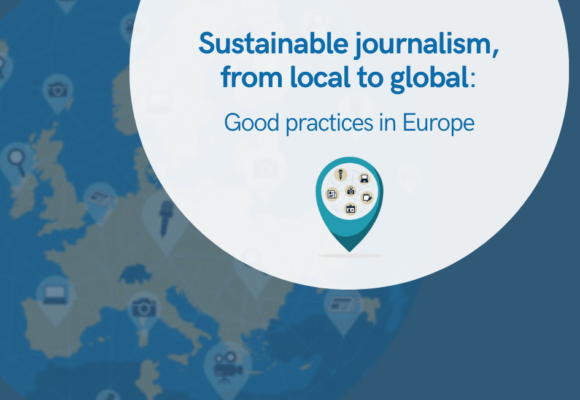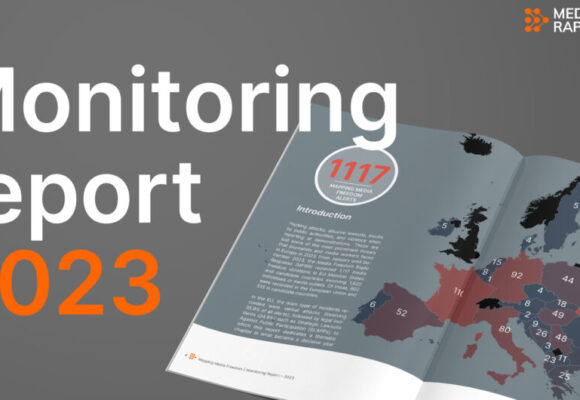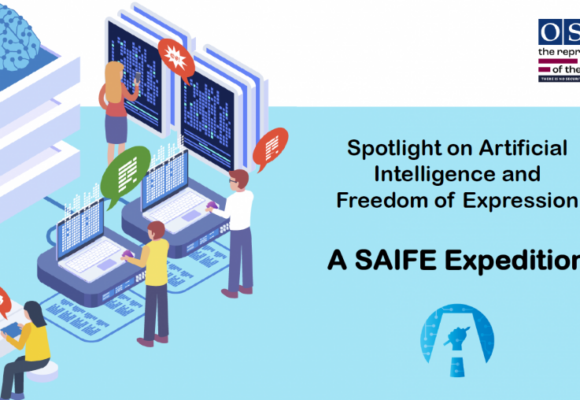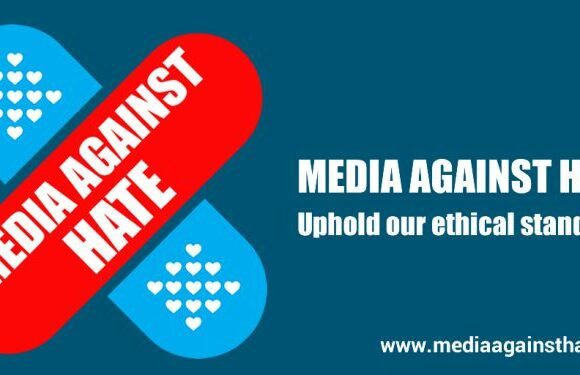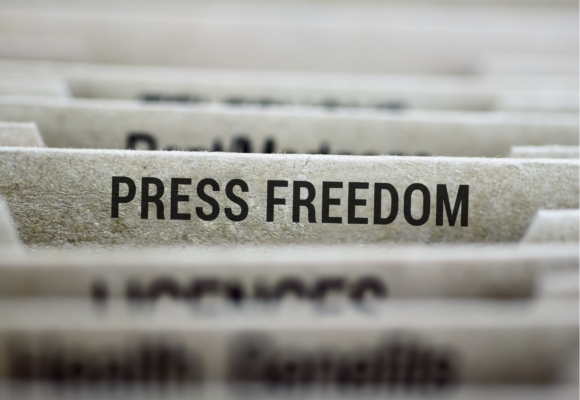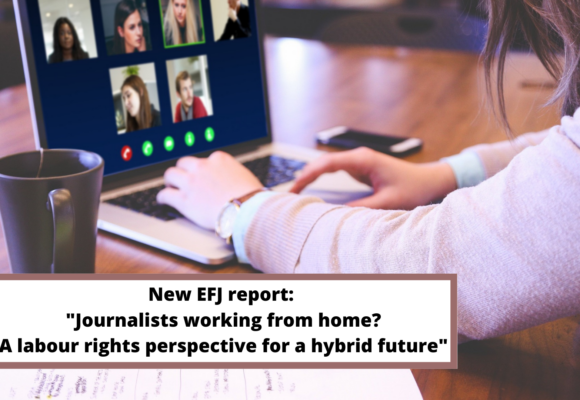Mission Report: Media Freedom in Romania Ahead of Super Election Year
Amidst Romania’s Super Election Year, the Media Freedom Rapid Response (MFRR) partners unveil their latest mission report, delving into the pressing issues surrounding media freedom in the country. To engage on this crucial topic, join our webinar today, 4 April, at 2 PM CET. Romania faces a year of intense political campaigning as the country organises European and local elections in June, presidential elections in September, and parliamentary elections in December. Against this backdrop, the MFRR partners conducted an online fact-finding mission in Romania to assess the state of media freedom in the country. Meetings with Romania-based journalists, regulators, civil…


